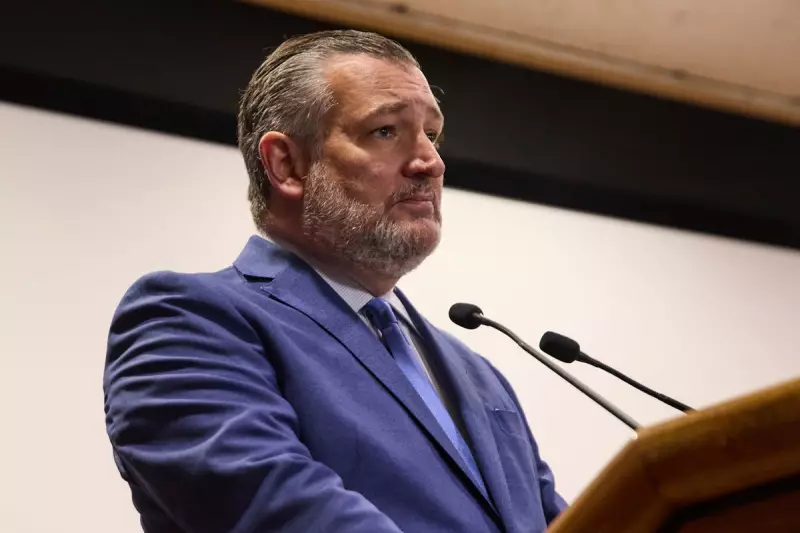
In a move that has sparked controversy across political circles, allies of former President Donald Trump are aggressively lobbying the Biden administration to impose a ban on beef imports from Argentina. The campaign, led by prominent Republican figures, claims the restrictions are necessary to protect American ranchers from unfair competition.
The political undertones of this trade push are impossible to ignore, coming as Trump positions himself for a potential 2024 presidential run. Critics argue the timing suggests more about political posturing than genuine concern for domestic agriculture.
Protectionism or Political Strategy?
Republican representatives have formally requested the US Trade Representative to investigate Argentine beef imports, citing potential violations of trade agreements. However, trade analysts note that Argentina represents only a small fraction of America's total beef imports, raising questions about the true motivation behind the campaign.
"When you look at the numbers, this makes little economic sense," noted one trade policy expert who wished to remain anonymous. "Argentina accounts for less than 3% of US beef imports. The political symbolism here appears to outweigh the practical impact."
Agricultural Communities Divided
While some farming organisations have welcomed the Republican initiative, others express concern about potential retaliation against American exports. Argentina remains a significant market for US agricultural products, including soybeans and manufacturing equipment.
The Biden administration faces a delicate balancing act—weighing domestic political pressures against maintaining stable international trade relationships in a volatile global economy.
Broader Implications for US Trade Policy
This development comes amid ongoing tensions in international trade relations and could signal a return to more protectionist policies should Trump regain power. The situation also highlights how agricultural trade has become increasingly politicised in recent years.
As the 2024 election landscape takes shape, trade policy appears set to become a key battleground, with both parties manoeuvring to secure support from crucial farming constituencies.





